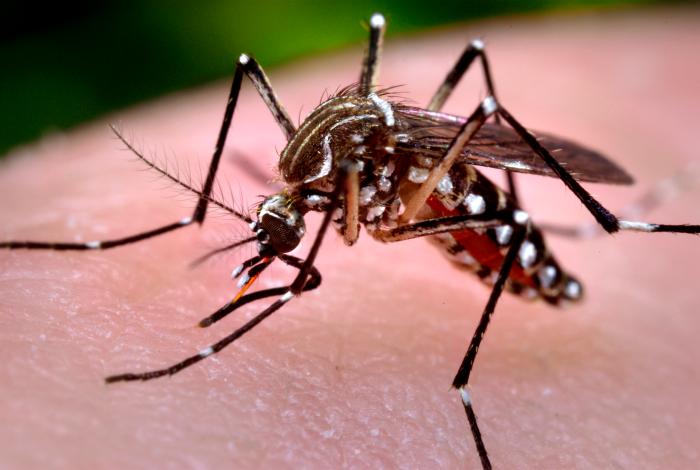The Philippines had the highest incidence in the Western Pacific Region from 2013 to 2015. In 2015 alone, the Philippines recorded more than 200,000 dengue fever cases, including some 600 dengue-related fatalities.

The latest data from the Department of Health (DOH) show that in the first three months of 2016, nearly 32,000 cases have been reported, an increase year-to-year of 32.8 percent (23,951 in 2015). The regions with the highest number of cases include Region IV-A (Calabarzon) with 5,130 cases out of 31, 809 (16.1%); Region III (Central Luzon) with 4, 203 cases (13.2%) and Region VII (Central Visayas) with 3, 479 cases (10.9%).
Health Secretary Janette Garin points the finger at the drought brought by the El Niño phenomenon. “Today that the country is stricken by the El Niño phenomenon, the public is reminded to always cover containers, which are being used for storing water, so it will not be infested by mosquito larvae,” said Garin.
On Apr. 4, the DOH began the world’s first dengue vaccine campaign and during the first week a total of 81,665 pupils have been immunized. The Philippines is the first country to implement dengue vaccination through school-based immunization approach and aims to vaccinate about 1 million Grade 4 pupils aged 9 years old and above enrolled in public schools in Regions III, IV-A, and NCR.
The vaccine will comprise of three doses in six-monthly intervals. The next two doses will be given to the same students who received the first dose. The first dose of the vaccine will b¬e given from April to June 2016 followed by the second dose on October – December 2016 and the last dose on April-June 2017. 107 cases of Adverse Event Following Immunization (AEFI) were reported. This is less than one percent of the total immunized children. The top four common reactions were fever, dizziness, vomiting, and rash.
Garin reiterated that while the vaccine is proven 90% effective in preventing the incidence of severe dengue, cleanliness is still the most fundamental solution against mosquito-borne diseases like dengue.
“Dengue vaccines are only a step of our battle against dengue. We will continue to fight against mosquito-borne diseases through the ‘4S campaign’. The 4S means Search & destroy mosquito breeding places, use Self-protection measures, Seek early consultation for fever lasting more than 2 days, and Say NO to indiscriminate fogging”, Garin concluded.
Related:
- Dengvaxia now available in the Philippines: Sanofi Pasteur
- Rabies: 1.7 mil canine rabies vaccines received in the Philippines since beginning of year
- Zika situation summary: Philippines is the latest to report autochthonous transmission


One thought on “Philippines: Dengue fever cases up 33%, 81,000 kids vaccinated in first week”